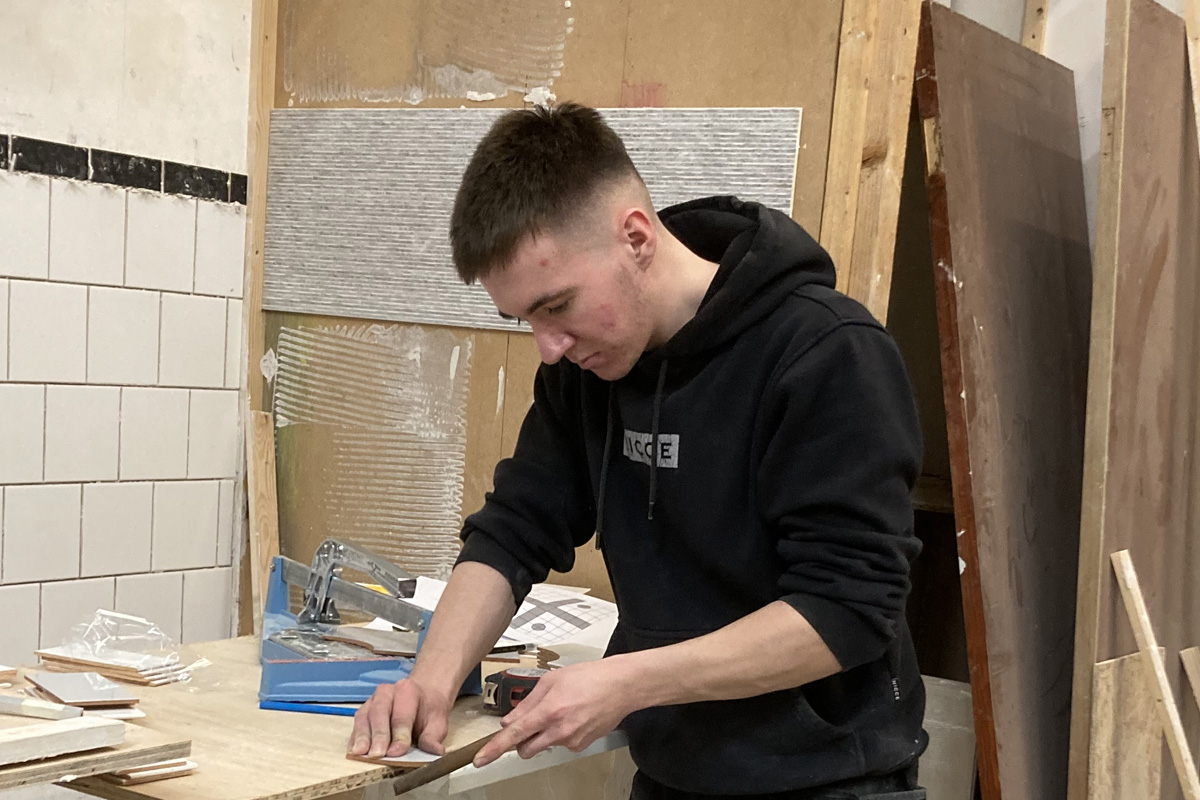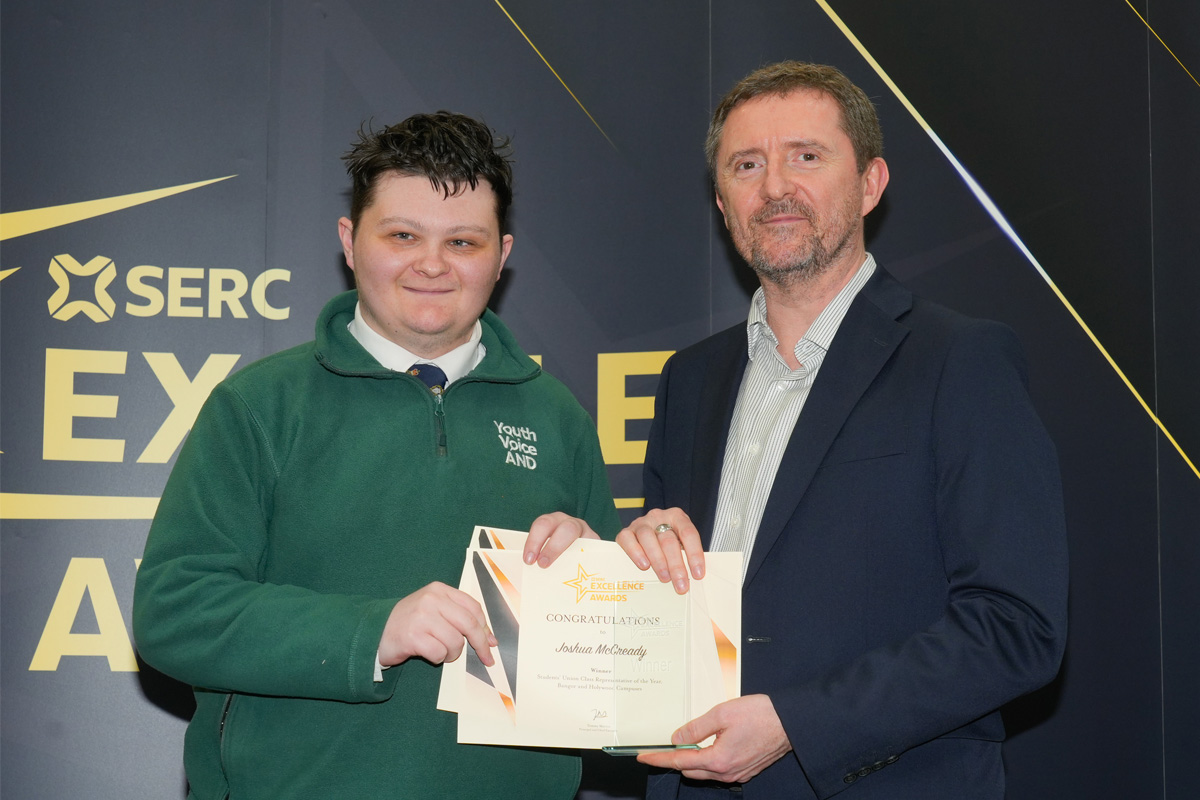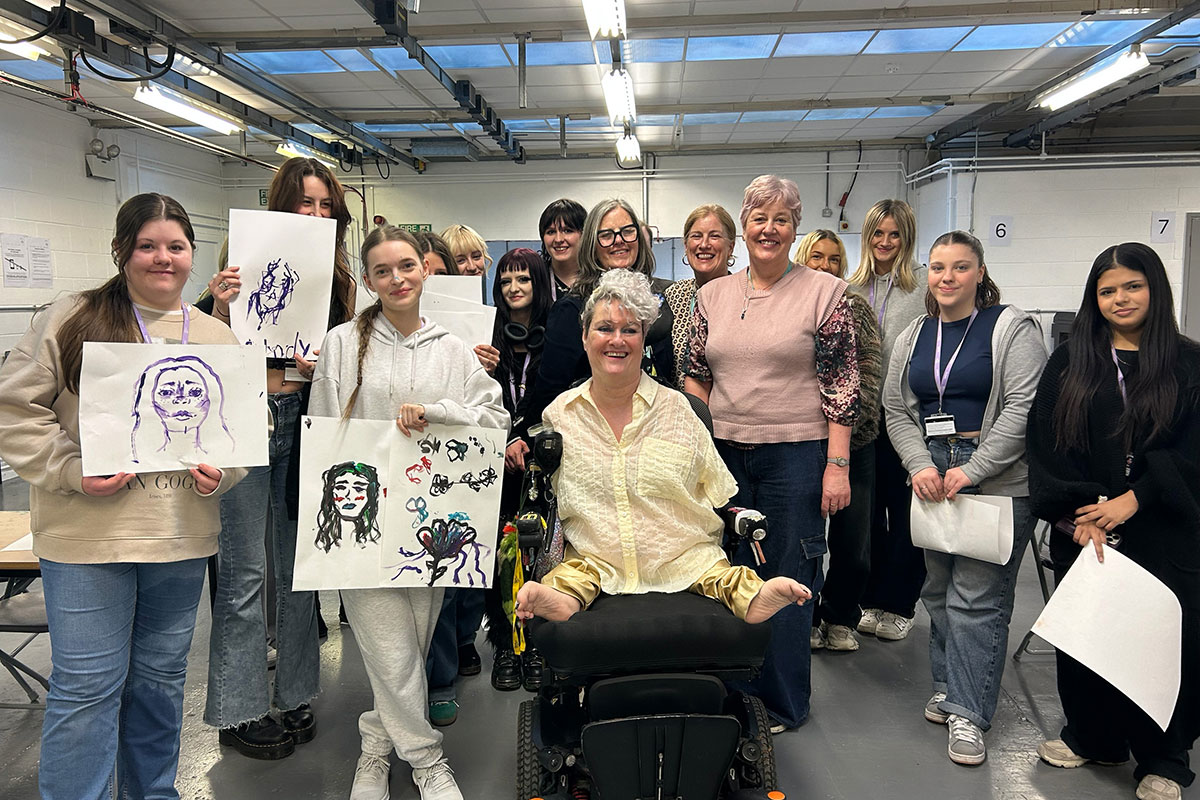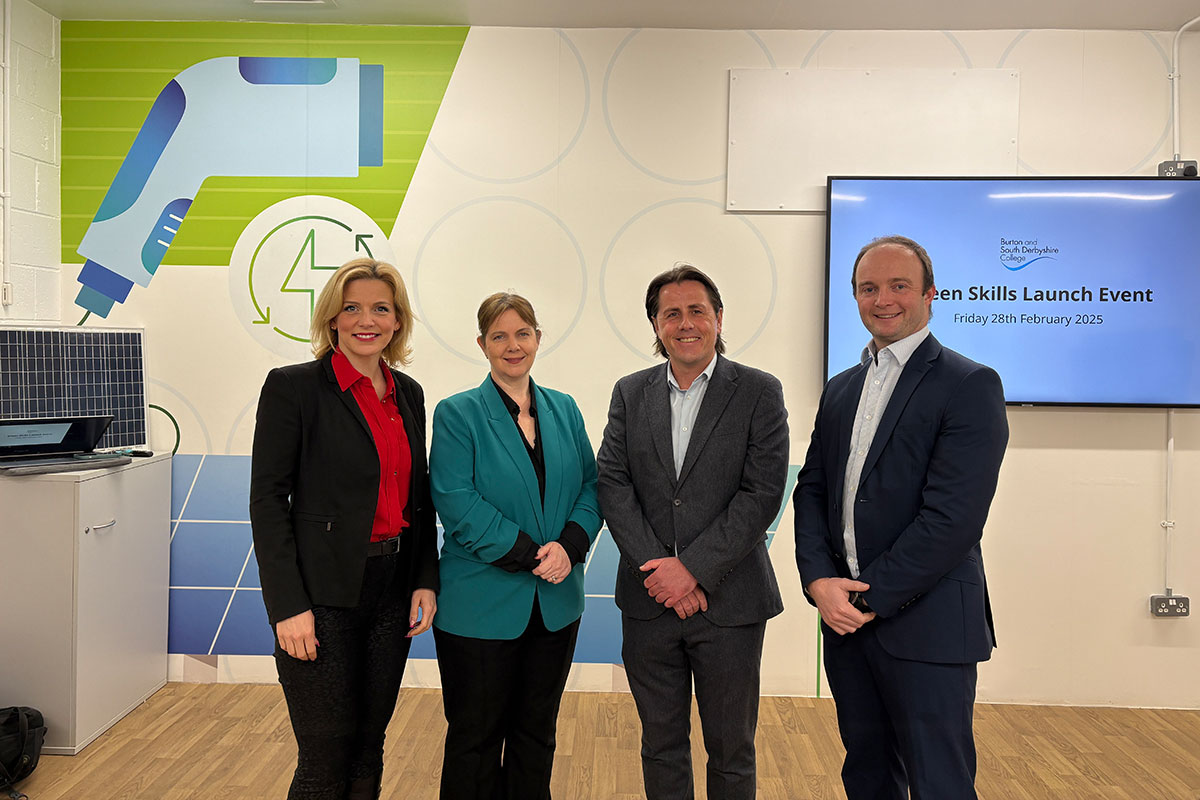Safeguarding and remote education during coronavirus (COVID-19)

Understand how to follow safeguarding procedures when planning remote education strategies and teaching remotely during the coronavirus (COVID-19) outbreak.
Schools and colleges can read separate guidance for opening schools and opening colleges safely.
The latest update includes:
- additional information, support and resources to help keep children and young people safe online, including harmful online risks
- advice on live streaming lessons
This guidance is to help schools and colleges support pupils’ and students’ remote education and to keep them safe as we continue our response to the pandemic.
It should be read alongside statutory safeguarding guidance on keeping children safe in education.
Where, in accordance with government guidance or legislation around coronavirus (COVID-19), a class, group or a small number of pupils or students need to self-isolate, or local restrictions mean that pupils and students are to remain at home, schools and colleges covered by the temporary continuity direction are required to provide remote education to these pupils and students.
All such pupils and students not physically unwell should have access to remote education as soon as reasonably practicable, which may be the next school day.
Schools and colleges should ensure remote education, where needed, is safe, high quality and aligns as closely as possible with in-school or college provision.
Schools and colleges should continue to improve the quality of their remote education and have a strong contingency plan in place for remote provision. Details of the expectations for remote provision can be found in the guidance for opening schools and opening colleges.
Safeguarding pupils and teachers online
Keeping pupils, students and teachers safe during remote education is essential. Teachers delivering remote education online should be aware that the same principles set out in the school or college staff behaviour policy (sometimes known as a code of conduct) will apply.
Schools and colleges may want to update their policies to reflect remote online education. Schools and colleges (led by their designated safeguarding lead) should review and update their child protection policy to reflect the fact pupils and students will be learning online and in the classroom.
DfE revised Keeping Children Safe in Education, which came into force on 1 September 2020, and it now includes additional information and support to help schools and colleges keep children and young people safe online. It includes for the first time a dedicated collection of resources (at Annex C) to support safe remote education, virtual lessons, and live streaming. It also includes support for schools and colleges to signpost parents and carers to help them keep their children safe online.
Schools and colleges may wish to use these resources to understand more about how to ensure online education is safe:
- remote education advice from The Key for School Leaders
- advice from NSPCC on undertaking remote education safely
- guidance from the UK Safer Internet Centre on remote education
- Kirklees College developed and disseminated a safeguarding protocol specific to the context of remote learning
- Digital Wellbeing of Learners guide from Jisc which curates a number of resources and guides
- National Cyber Security Centre (NCSC) guidance on how to work from home – supporting college staff to ensure Prevent and security policies are maintained from home
Schools can access the free Professionals Online Safety Helpline which supports the online safeguarding of both children and professionals. Call 0344 381 4772 or email helpline@saferinternet.org.uk. The helpline is open from Monday to Friday from 10am to 4pm.
Guidance on teaching online safety in schools provides information to help schools ensure their pupils understand how to stay safe and behave online.
Important conversations with parents, carers, pupils and students
In your conversations with parents, carers, pupils, and students you should emphasise the importance of a safe online environment, which amongst other things, means keeping any log-in credentials and passwords safe. You should offer support and advice on how to do this.
It is especially important for parents and carers to be aware of what their children are being asked to do, including:
- sites they will be asked to use
- school staff their child will interact with
Reporting concerns
All school and college staff should continue to act immediately (following their child protection policy and the processes set out in Part 1 of Keeping Children Safe in Education) if they have any concerns about a child or young person’s welfare, whether the child or young person is physically in school or learning from home.
Pupils and students should be encouraged to speak up if they come across something worrying online.
It is essential to have and communicate clear reporting routes so that pupils, students, teachers, parents and carers can raise any safeguarding concerns in relation to remote online education.
These should be reflected in the school or college revised child protection policy, and whether additional or alternative arrangements have been put in place. This should be communicated to all pupils, students and staff.
Schools and colleges should also consider referring teachers, parents and carers to the following practical support for reporting harmful or upsetting content, bullying and online risks.
Harmful or upsetting content
Get support on:
- reporting online abuse from the National Crime Agency’s Child Exploitation and Online Protection command
- reporting harmful online content to the UK Safer Internet Centre
- safeguarding from radicalisation, building resilience to extremism, and promoting shared values at Educate Against Hate
- your approach to dealing with harmful online challenges and online hoaxes
- handling the sharing of nudes and semi-nudes
Bullying
Get advice on:
- preventing and tackling bullying to help schools and colleges create safe, disciplined environments where pupils are able to learn and fulfil their potential
- preventing cyberbullying for head teachers and school staff on how to protect pupils and students from cyberbullying and how to tackle it if it happens
- preventing bullying including cyberbullying for parents and carers, including advice and information about how they can protect their child from cyberbullying and how to tackle it if it happens
- bullying from the Anti-Bullying Alliance for children or young people who are being bullied
Schools may also wish to use resources such as Tootoot to provide a confidential route for pupils to report bullying or abuse.
Online safety advice for parents and carers
Schools should encourage parents and carers to provide age-appropriate supervision for the internet use of the children and young people in their care. Amongst other things, this should include:
- talking to their children about not accessing age-inappropriate material on devices
- knowing who their children are talking to online
- setting up age-appropriate parental controls on digital devices
Internet filters should be used to block malicious websites. These are usually free, but often need to be turned on.
The following information will help parents and carers to keep their children safe online:
- support for parents and carers to keep children safe from online harm, which provides extensive resources to help keep children safe online and details of specific online risks, including sexual abuse, criminal exploitation and radicalisation
- support to stay safe online, includes advice on security and privacy settings, content blocking and parental controls
Additional resources to support parents and carers to keep their children safe online:
- Thinkuknow provides advice from the National Crime Agency (NCA) on staying safe online
- Parent info is a collaboration between Parentzone and the NCA providing support and guidance for parents from leading experts and organisations
- Childnet offers a toolkit to support parents and carers of children of any age to start discussions about their online life, to set boundaries around online behaviour and technology use, and to find out where to get more help and support
- Internet matters provides age-specific online safety checklists, guides on how to set parental controls on a range of devices, and a host of practical tips to help children get the most out of their digital world
- London Grid for Learning has support for parents and carers to keep their children safe online, including tips to keep primary aged children safe online
- Net-aware has support for parents and carers from the NSPCC, including a guide to social networks, apps and games
- Let’s Talk About It has advice for parents and carers to keep children safe from online radicalisation
- UK Safer Internet Centre has tips, advice, guides and other resources to help keep children safe online, including parental controls offered by home internet providers and safety tools on social networks and other online services
- NSPCC has advice on setting up parental controls, tips on how to talk to children about online safety, including the risk of sharing and receiving nude images and how to support children if they have seen something online that has upset them
Communicating with parents, carers, pupils and students
Where education is taking place remotely due to coronavirus (COVID-19), it is important that schools and colleges maintain professional practice as much as possible. When communicating online with parents, carers, pupils and students, schools and colleges should:
- communicate within school or college hours as much as possible (or hours agreed with the school or college to suit the needs of staff)
- communicate through the school or college channels approved by the senior leadership team
- use school or college email accounts (not personal ones)
- use school or college devices over personal devices wherever possible
- advise staff not to share personal information
- ensure parents and carers are clear when and how they can communicate with teachers (resources to support communications are available)
- ensure logins and passwords are secure and pupils and students understand that they should not share this information with others
Teachers should try to find a quiet or private room or area to talk to pupils, students, parents or carers. When broadcasting a lesson or making a recording, consider what will be in the background.
Virtual lessons and live streaming
Remote teaching will include both recorded or live direct teaching time, and time for pupils and students to complete tasks and assignments independently. Online video lessons do not need to be recorded by teaching staff at the school or college: Oak National Academy lessons, for example, can be provided in lieu of school-led video content. Schools and colleges are best placed to decide on the most appropriate approach to teaching their pupils and students effectively.
If you choose to provide remote education using live streaming or pre-recorded videos, guidance from the National Cyber Security Centre (NCSC) on which video conference service is right for your school and using video conferencing services securely could help schools and colleges to set up video conferencing safely, specifically the section on deploying and configuring the service.
We know that some schools and colleges have concerns around live lessons, but if done correctly, we do not believe they pose additional safeguarding risks and can actually bring many benefits, including improved engagement. You may find the following useful when organising live lessons (this is not an exhaustive list):
- use neutral or plain backgrounds
- ensure appropriate privacy settings are in place
- ensure staff understand and know how to set up and apply controls relating to pupil and student interactions, including microphones and cameras
- set up lessons with password protection and ensure passwords are kept securely and not shared
- ensure all staff, pupils, students, parents and carers have a clear understanding of expectations around behaviour and participation
You may also find the following guidance useful:
- guidance from the UK Safer Internet Centre on safe remote learning which includes detailed advice on live, online teaching
- the safeguarding guidance from London grid for learning (LGfL) includes platform-specific advice
- The Key provides detailed advice including a sample risk assessment for planning live lessons
- SWGfL, using insight from the professional’s helpline provides advice on cameras on or off and recording lessons
In some areas, schools or colleges may also be able to seek support from their local authority when planning online lessons and activities, and when considering online safety.
Providing pastoral care remotely
Where pupils and students are required to remain at home following government guidance helping parents, carers, pupils and students to make a weekly plan or structure is important. These plans should include time for education, playing and relaxing to reduce stress and anxiety.
As set out in Public Health England’s guidance for parents and carers, routine can give children and young people an increased feeling of safety in the context of uncertainty.
Schools and colleges might want to consider whether one-to-one sessions could be appropriate in some circumstances. For example, to provide pastoral care or provide support for pupils and students who are vulnerable or have special educational needs and disabilities (SEND).
This should be discussed and approved by the senior leadership team to assess any risks. There may be helpful solutions, such as including a parent or additional staff member in the call.
Personal data and GDPR
Schools and colleges should continue to follow guidance on data protection and GDPR. Schools should follow the guidance outlined in the data protection: toolkit for schools and from ico.
When managing personal data, education providers may need to consider:
- taking care not to share contact details when emailing multiple people
- being careful when sharing usernames and other personal data for access to online resources
- providing access to school data systems safely
- providing or making available sufficient information to data subjects, pupils, student, parents and carers to raise awareness about the personal data captured during lesson recordings, particularly where cameras are switched on
Published 19 April 2020
Last updated 10 March 2021 + show all updates
-
Updated with additional information on keeping children and young people safe online, and advice on live streaming lessons.
-
Page updated with reference to local restrictions and links to new resources.
-
Added information about virtual lessons and live streaming. Updated information on finding which video conference service is right for your school and using them securely.
-
First published.











Responses